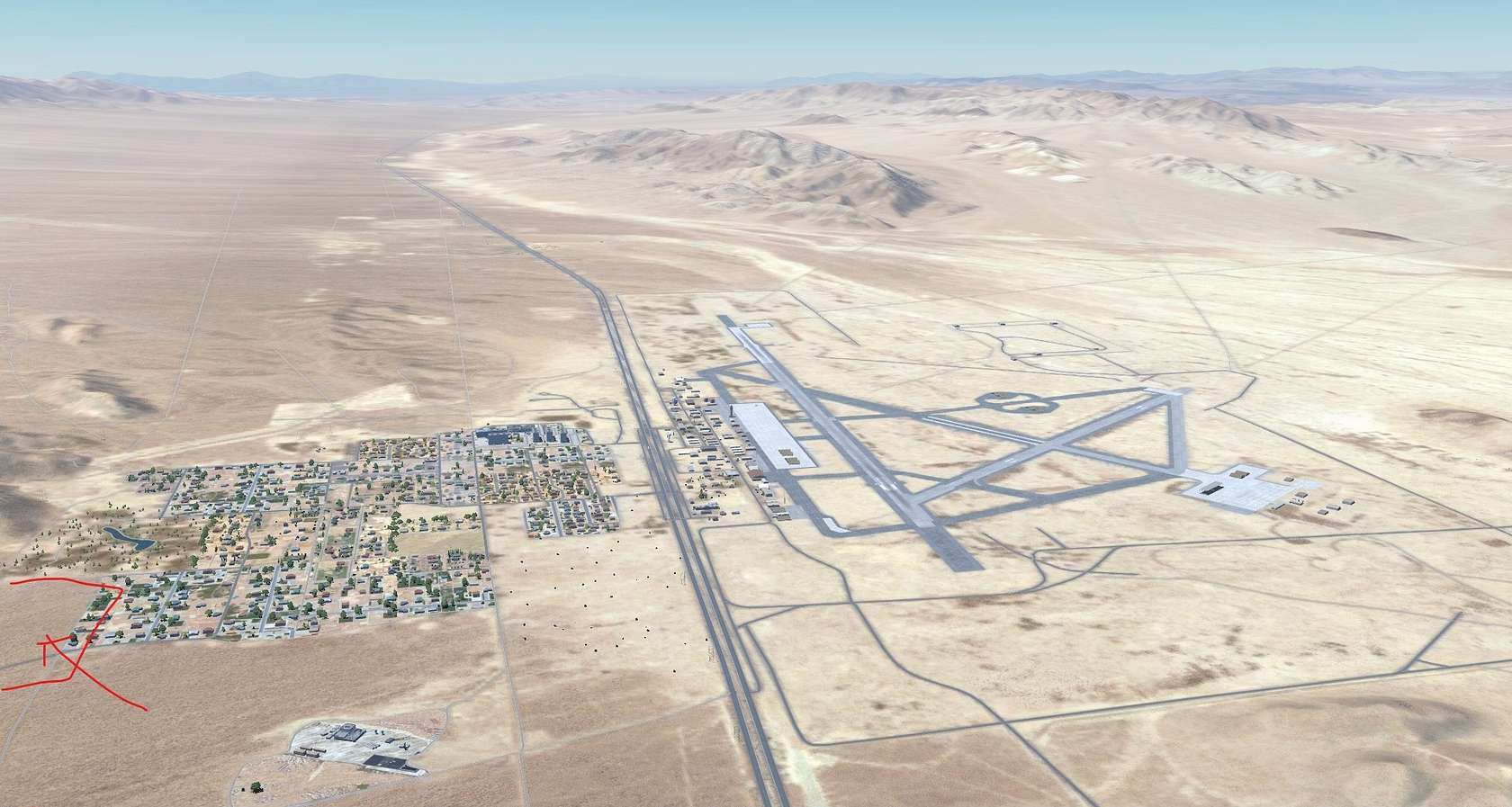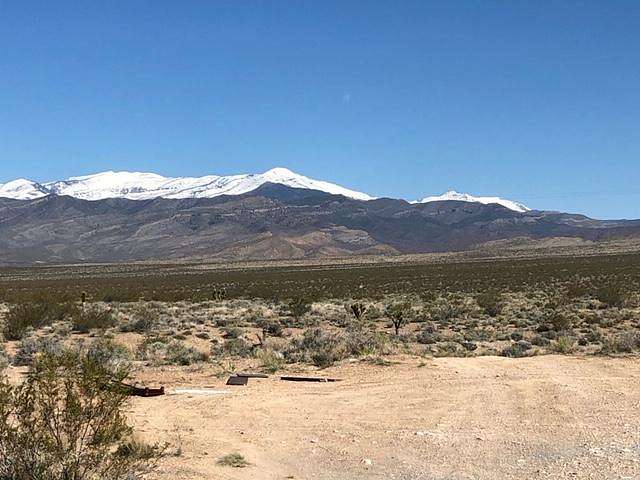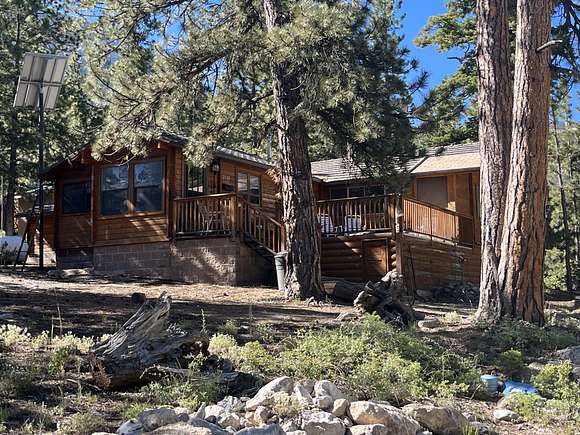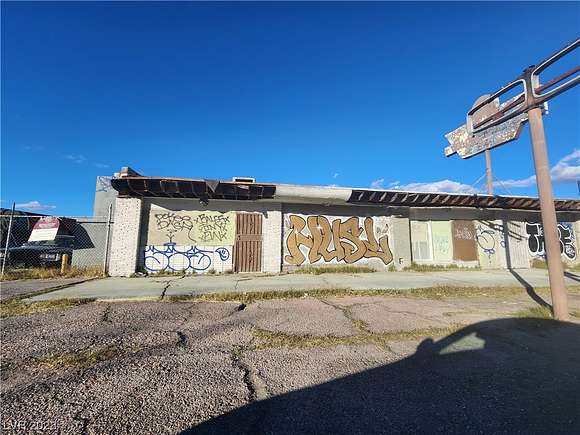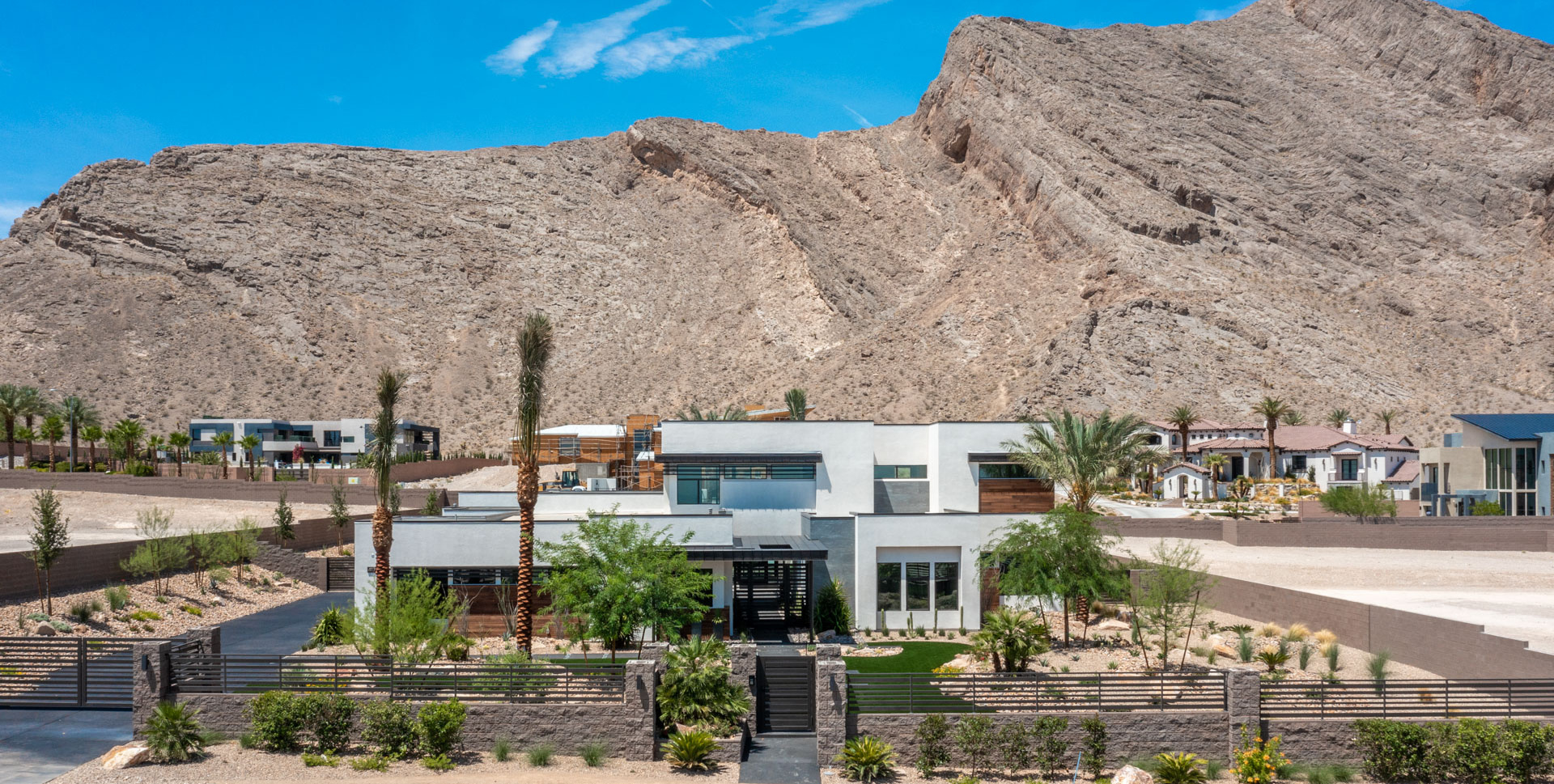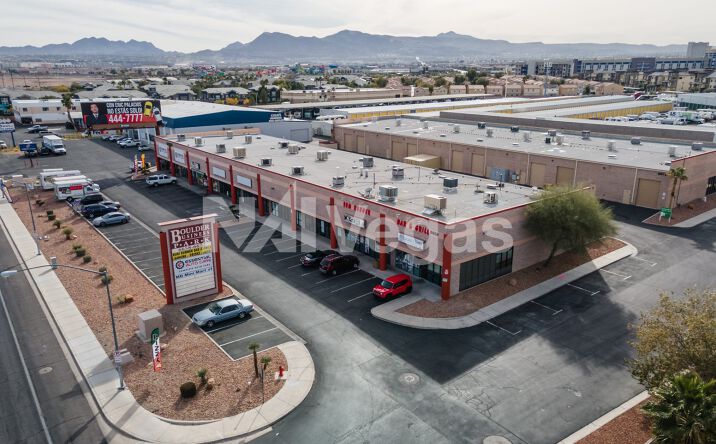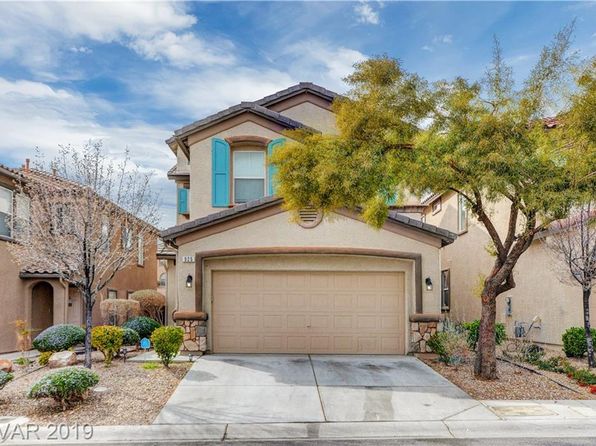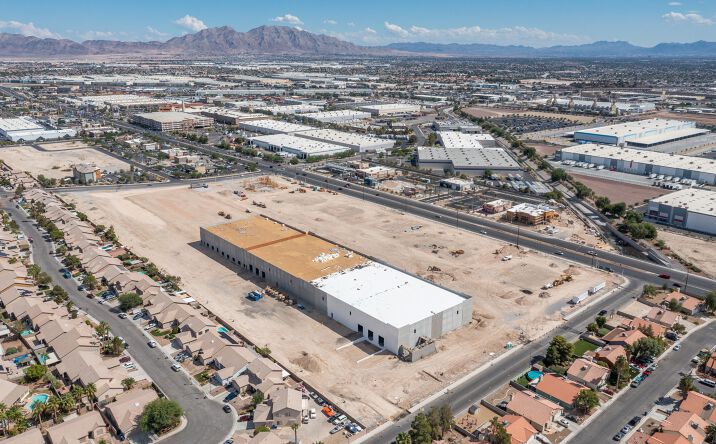Land For Sale In Las Vegas Nevada

The neon glow of Las Vegas often obscures a less flashy, but equally compelling story: the land beneath it. A surge of interest in vacant land within and around the city is reshaping the real estate landscape, presenting both opportunities and challenges for developers, investors, and the community.
This article delves into the current state of the Las Vegas land market, examining the forces driving demand, the types of properties available, the regulatory hurdles involved, and the potential impact on the region's future growth.
The Las Vegas Land Rush: What's Driving Demand?
Several factors are converging to fuel the demand for land in the Las Vegas area. Population growth, while slowing slightly from its peak, continues to outpace the national average.
This sustained growth necessitates more housing, commercial spaces, and infrastructure. The city's resilient tourism industry, even in the face of economic fluctuations, contributes to the need for new hotels, entertainment venues, and supporting businesses.
Furthermore, Nevada's relatively favorable tax climate and business-friendly regulations attract companies and individuals seeking to relocate or expand. The presence of major players like Amazon and Switch has further cemented the region's appeal.
A Look at the Available Land
The types of land available in Las Vegas vary greatly. From smaller infill lots suitable for residential development to large tracts on the city's outskirts ideal for master-planned communities or industrial parks, the options are diverse.
Data from the Southern Nevada Regional Planning Coalition (SNRPC) indicates that significant portions of undeveloped land remain, particularly in areas like North Las Vegas, Henderson, and unincorporated Clark County.
However, accessing this land is not always straightforward. Zoning regulations, environmental concerns, and ownership complexities can present significant hurdles.
Navigating the Regulatory Landscape
Developing land in Las Vegas requires navigating a complex web of regulations. Zoning laws dictate what types of development are permitted on a given parcel, while building codes ensure safety and structural integrity.
Environmental regulations, particularly concerning water usage and desert conservation, are also critical considerations. The Southern Nevada Water Authority (SNWA) plays a significant role in managing water resources and approving development projects.
Developers often face challenges related to securing necessary permits and approvals. This process can be lengthy and expensive, requiring extensive planning, environmental impact studies, and community engagement.
"Land development in Southern Nevada requires careful planning and collaboration with various stakeholders," says John Entsminger, General Manager of the SNWA. "We strive to ensure sustainable growth that balances economic development with responsible resource management."
The Price of Opportunity
Land prices in Las Vegas have been on a general upward trend, reflecting the increasing demand. Specific prices vary significantly depending on location, size, zoning, and access to utilities.
Prime locations near the Strip or in established residential areas command the highest prices. Data from real estate firms like Colliers International and CBRE show that land values have appreciated significantly in recent years.
However, rising interest rates and economic uncertainty have introduced some volatility into the market. Some analysts predict a potential slowdown in land price appreciation, while others remain optimistic about the long-term outlook.
Impact on the Community
The development of vacant land has a profound impact on the Las Vegas community. New residential developments provide much-needed housing, but can also strain existing infrastructure and resources.
Commercial and industrial developments create jobs and contribute to the local economy. However, they can also generate traffic congestion and environmental concerns.
Community engagement is crucial to ensure that new developments are aligned with the needs and values of local residents. Opportunities for public input and collaboration are essential for creating sustainable and livable communities.
Looking Ahead: The Future of Las Vegas Land
The future of the Las Vegas land market is tied to several key factors. Continued population growth, economic diversification, and sustainable resource management will all play critical roles.
Innovative approaches to land use planning, such as mixed-use developments and transit-oriented communities, may become increasingly important. These strategies can help maximize land use efficiency and reduce reliance on automobiles.
The integration of smart technologies and sustainable building practices will also be crucial for creating resilient and environmentally responsible communities. The opportunity to shape the future of Las Vegas through thoughtful and strategic land development remains vast.
Ultimately, the success of the Las Vegas land market depends on striking a balance between economic growth, environmental sustainability, and community well-being. Careful planning and collaboration are essential for ensuring that the city's future is as bright as its iconic lights.
